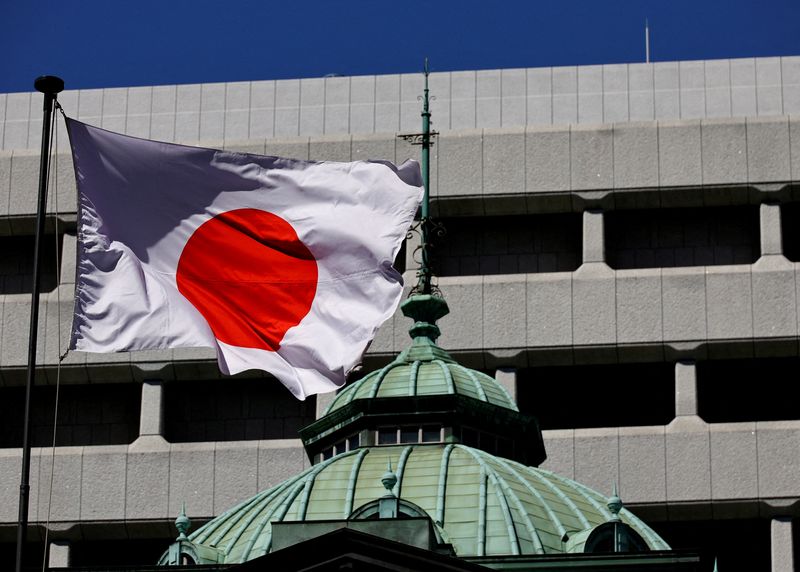Select Language

By Leika Kihara
TOKYO (Reuters) - Japan's government and central bank must guide policy by taking into careful consideration recent yen weakness that is hurting consumption, the government's top economic council said on Monday.
Achieving a recovery in consumption, which shrank for four straight quarters, is key to the government's near-term economic policy, the council said in a statement that laid out guidelines for crafting next year's state budget.
"We cannot overlook the impact a weak yen and rising prices are having on households' purchasing power," the council said.
"It's important for the government and Bank of Japan to guide policy with a close eye on recent yen declines," the council said in the statement presented at its meeting on Monday.
The statement underscores concerns policymakers share on the economic fallout from the weak yen, which has hit consumption by pushing up the cost of fuel and food imports.
The weak yen is also likely to be a key topic of debate at the Bank of Japan's two-day policy meeting ending on Wednesday, when its board will lay out a detailed plan to taper its huge bond buying and debate whether to raise interest rates.
The yen briefly hit a 38-year low of 161.96 to the dollar earlier in July, down 14% from the start of this year, triggering yen-buying intervention by Japanese authorities. It has recouped some of the losses to hover at 154.09 on Monday.
The government, for its part, will seek to raise the minimum wage and take steps to cushion the blow from rising prices, such as payouts to low-income households and temporary subsidies to curb utility bills, the council said.
Consumption has been a soft spot in Japan's fragile recovery with its weakness blamed for the economy's contraction in the first quarter.
In its monthly economic report for July, the government described a pick-up in consumption as stalling. The assessment is bleaker than that of the BOJ, which has described consumption as "resilient."

